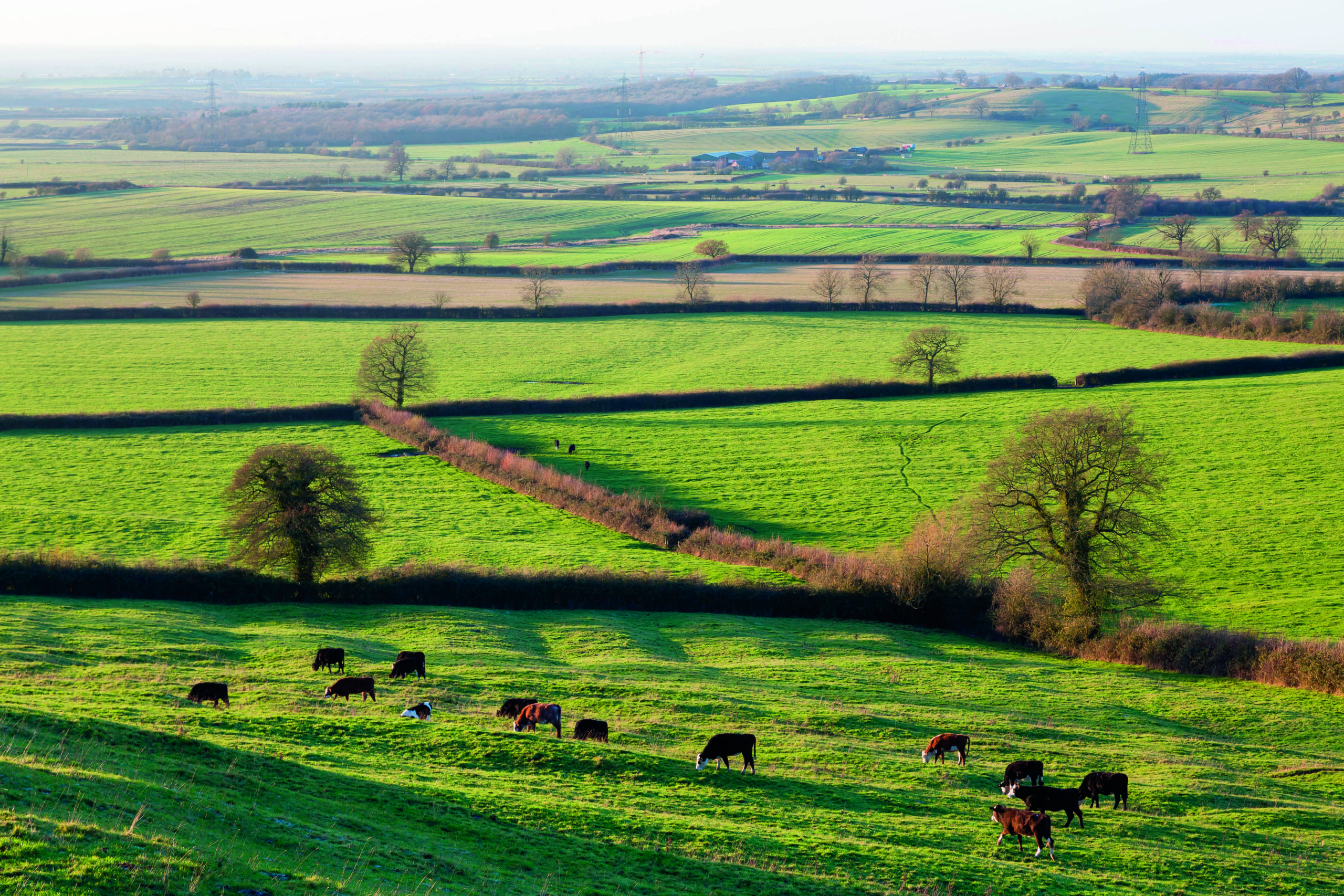Initiative aims to mobilise farmers in nature’s recovery
Farming clusters manage 2.9% of Britain’s farmland.

New farmer-led cooperatives — or clusters — are intended to reverse England’s biodiversity decline.
The clusters, which now manage 2.9% of Britain’s farmland, aim to prove that it is possible to combine profitable agriculture with thriving biodiversity on a grand scale. The Environmental Farmers Group (EFG), formed in 2022, has expanded rapidly and spawned sister organisations in Yorkshire and Derbyshire.
These clusters represent 469 land managers. They aim to connect new habitats pooling farmers’ knowledge, expertise and equipment, improve land holding for future generations and share objectives such as carbon neutrality.
The UK agricultural sector stands to lose £2 billion in subsidies when the Basic Payment Scheme ends in 2027. The groups aim to recoup some of this through delivering incentivised co-ordinated landscape-scale conservation projects.
GWCT chief executive Teresa Dent, who helped establish the groups said: “These new cooperatives are mobilising the sector to achieve nature recovery on the 72% of England that is farmed. Though many nature reserves are wonderful places, it will not be possible to reverse wildlife decline on those alone.”








